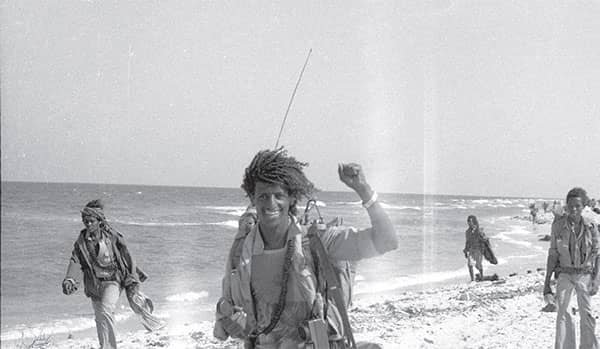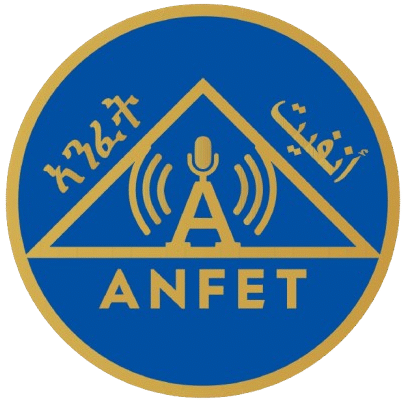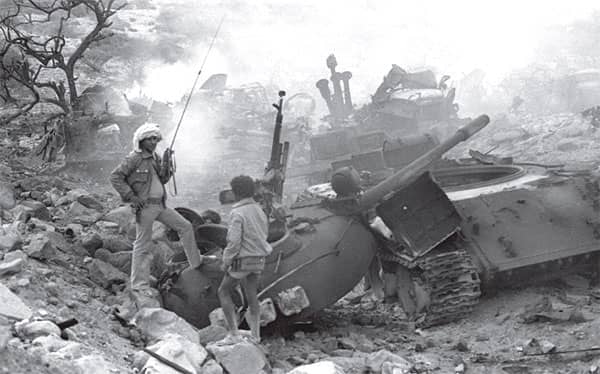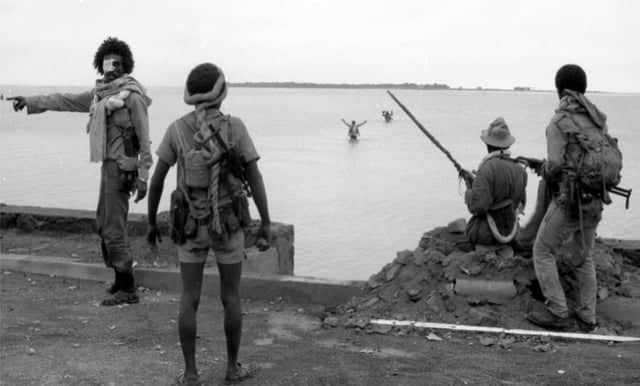
A sovereign, independent nation will not be re-colonized.
ANFET EDITORIAL-September 10, 2025
The drums of war are beating again in the Horn of Africa. The recent inauguration of the Grand Ethiopian Renaissance Dam (GERD) — an event that should have been a celebration of development and cooperation — has instead been used as a platform for dangerous rhetoric and military posturing.
In the weeks and months leading up to the ceremony, Maj. Gen. Teshome Gemechu — citing history, geographic proximity, and questioning the legitimacy of the 1993 referendum on Eritrean independence — drew an overwhelming response. Field Marshal Berhanu Jula subsequently issued orders to the Ethiopian Air Force Commander, Lt. Gen. Yilma Merdassa, to prepare forces for operations over the Red Sea.
At the inauguration itself, Prime Minister Abiy Ahmed, weeping as he sang an emotional rendition of the national anthem, called upon the people to ready themselves for an “adventurous war” toward the Red Sea. Let us be clear: such language and preparations point to one aim, and one aim only — the re-occupation of Eritrea.
History’s Verdict Is Clear
Every predecessor who attempted to subjugate Eritrea failed. The record is unbroken:
Ottoman Empire (16th–19th centuries): Controlled parts of the coastline, including Massawa, but never subdued the interior. Eritrean communities resisted and retained autonomy.
Egyptian Expansion (1865–1885): Occupied Massawa and sought to dominate the Red Sea coast, but ambitions collapsed after military defeats and British intervention.
Italian Colonization (1890–1941): Declared Eritrea a colony, yet Italian rule ended with defeat at the Battle of Keren in 1941, when Allied forces liberated the territory.
Ethiopian Annexation (1962–1991): Emperor Haile Selassie dissolved Eritrea’s UN-federated status, sparking a thirty-year armed struggle. Even with Soviet and Cuban backing in the late 1970s, Ethiopia failed to crush the liberation movement, which triumphed in 1991.
1998–2000 Border War: In the brutal Ethio-Eritrean conflict over disputed borderlands, Eritrea — despite enduring heavy casualties — stood its ground, preserved its sovereignty, and saw the Algiers Agreement formally reaffirm its internationally recognized borders. Timeline: Key events in Eritrea’s history
The Tactics of Failing Leaders
When undemocratic leaders face internal crises — economic collapse, political dissent, or loss of legitimacy — they often seek to distract their populations with external conflicts. By manufacturing a foreign enemy, they hope to rally nationalist fervor and prolong their grip on power. This is not leadership; it is the reckless gambling of lives and futures for personal survival.
A Call to All Stakeholders
To the Eritrean people: Remain vigilant. Unity is your strongest defense.
To Eritrean opposition parties: Whatever your internal differences, the sovereignty of the nation must be a red line.
To the Ethiopian people: Your future lies in peace, cooperation, and mutual respect with your neighbors — not in wars that drain lives and resources. Reject calls to aggression that serve only the survival of a few at the expense of the many. Stand for dialogue and shared prosperity in the Horn of Africa.
To neighboring countries and regional forces: Do not be drawn into a war that will destabilize the entire Horn of Africa.
To the international community: Condemn and deter any aggression before it escalates into a protracted conflict.
The Path Forward
The Horn of Africa needs dialogue, trade, and mutual security — not another cycle of destruction. The GERD could have been a symbol of shared prosperity; instead, it risks becoming a prelude to regional instability if weaponized for political gain. Eritrea is a sovereign, independent nation. Its borders, its people, and its future are not bargaining chips in anyone’s political survival. History has spoken before, and it will speak again: those who attempt to occupy Eritrea will fail.






